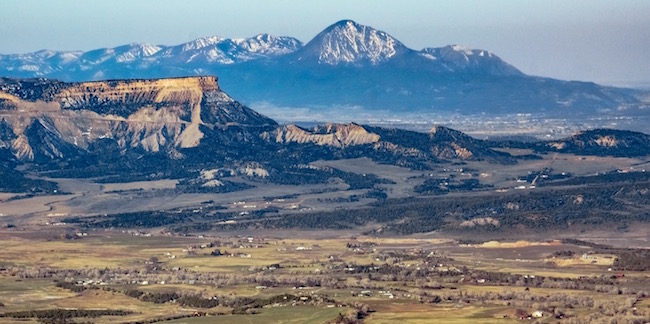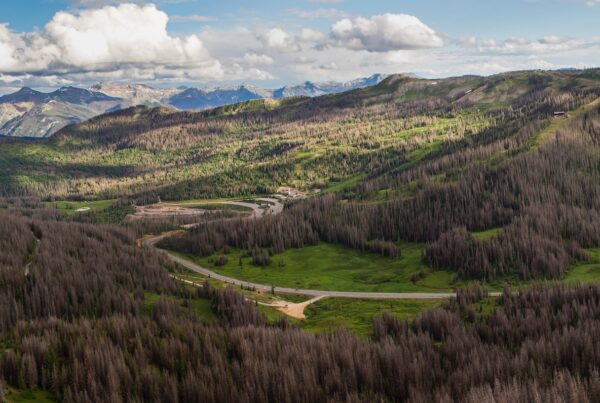Photo Credit: Ecoflight
In the past week, I have had the opportunity to speak with some truly inspiring people, and get this: a few were politicians.
I know, sounds improbable, right? This election season, the words “politician” and “inspiring” seem to repel each other like corresponding magnetic poles.
Were I to pair “politician” with descriptors such as narcissist, demagogue, misogynist, criminal, liar, ignoramus, elitist, racist, classist or traitor, this article wouldn’t have missed a beat.
But dare to call a would-be public servant inspiring, and I no doubt risk losing credibility with my readers and the psychological safety net provided by my self-fulfilling cynicism.
So why the positivity? Check it out.
Contrary to the bottomless beliefs of my Bernie or Bust friends, even in a system dominated by two political parties playing a similar money-buys-influence game, policy priorities and values held by those two parties can still diverge sharply.
Let’s take just one core issue: the protection of public lands.
According to the 2016 Colorado College State of the Rockies report:
– 84 percent of Coloradans support presidential authority for national monument designations.
– 78 percent support continuing investment in the Land and Water Conservation Fund.
– 77 percent believe national public lands – our federal lands – help Colorado’s economy.
Yet, cadres of politicians quick to wrap themselves in an “outside-the-beltway” persona consistently line up against all three of these issues.
Whether it is continual and fruitless efforts to eviscerate the Antiquities Act, defund the Land and Water Conservation Fund or transfer federal lands to state control (effectively offering those lands to the industry of highest bidding), some of our politicians think Coloradans have it wrong.
The insults to our public lands, our values and our intelligence don’t stop there.
If you look closely at any race, you will find politicians ready to abolish or defund the federal agencies that are right now mobilizing to clean up the Bonita Peak Mining District, providing no vision for an alternative remediation approach.
Look closely and you’ll find politicians championing oil and gas deregulation because, apparently, one of the world’s most profitable industries couldn’t possibly be required to ensure that its profits aren’t contributing to water contamination and depletion, earthquakes, ozone pollution, regional smog, wildlife habitat fragmentation or the impacts of runaway climate change.
Look closely and you will find politicians clinging to an irrational belief that coal is poised for a comeback in spite of a mountain of marketplace evidence to the contrary, creating a blind spot that makes community planning for economic transition and revitalization all but impossible.
What happened to inspiring? Well, in each of these races you will also find politicians representing the opposite of this scientific and economic denial that conveniently tends to promote the profit interests of donors over the very human interests of their own constituents.
This week, I have met politicians working their tails off to strike that difficult balance between regulations that protect our air quality, safeguard our water quality and sustain our public lands while promoting economic development. I have met politicians trying to bring resources, both technical and financial, to heal the Animas River. I have met politicians with enough marketplace awareness and courage to help coal communities envision a new economic future. And I have met politicians with the backbone to set appropriate limits on oil and gas development to ensure that one industry’s profit is not the undoing of Coloradans’ public lands heritage, health and economic future.
Is political cynicism inevitable this election cycle? Maybe. But maybe, just maybe, the undoing of that cynicism will be found not only in voting, but voting better.
This content first published in The Durango Herald’s Thinking Green Column here.


